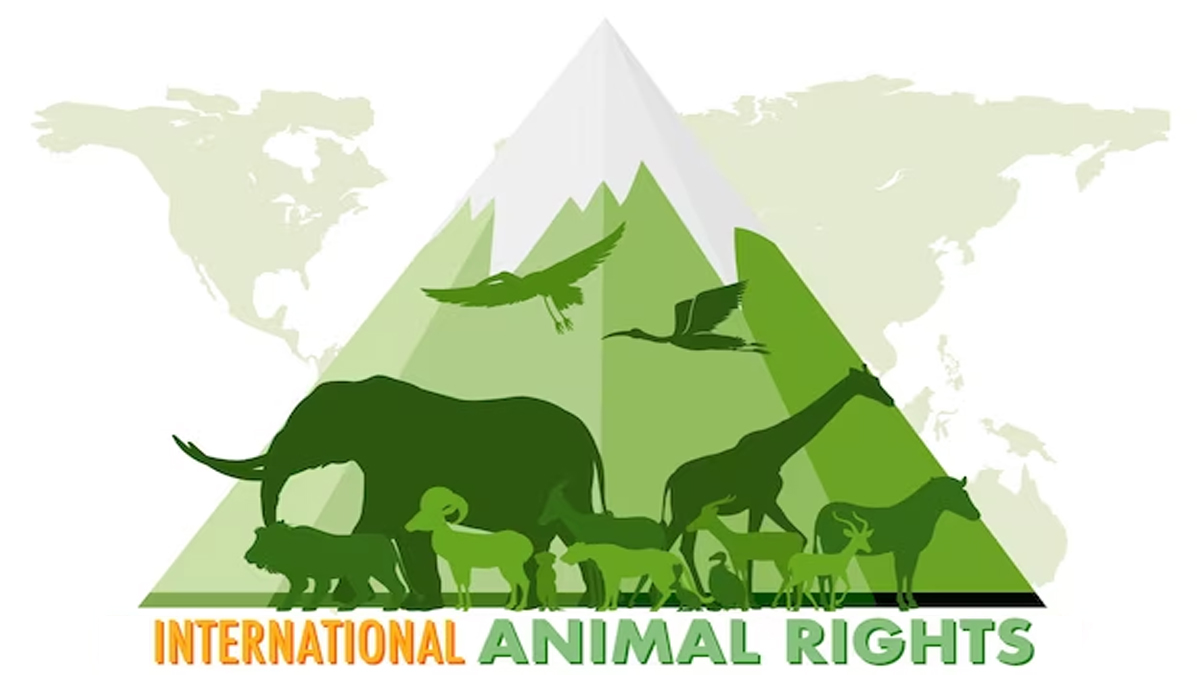India has several laws and regulations in place to protect the rights and welfare of animals. The primary legislation governing animal rights in the country is the Prevention of Cruelty to Animals Act, 1960 (PCA Act). Additionally, the Wildlife Protection Act, 1972, and the Indian Penal Code, 1860, contain provisions related to animal welfare and protection.
- Prevention of Cruelty to Animals Act, 1960 (PCA Act):
The PCA Act is a comprehensive legislation that aims to prevent cruelty towards animals and promote their welfare. Some key provisions of the act include:
a. Cruelty to Animals: The act defines cruelty to animals as any act or omission that causes unnecessary pain or suffering to animals. It prohibits beating, overriding, overdriving, torturing, or otherwise treating animals cruelly.
b. Performing Animals: The act regulates the training and exhibition of performing animals. It requires the issuance of licenses for training and exhibiting animals, and mandates that animals should not be subjected to any cruelty during performances.
c. Animal Transport: The act lays down rules for the transportation of animals. It prohibits overcrowding, improper handling, and causing unnecessary pain or suffering during transportation.
d. Animal Experimentation: The act provides regulations for the use of animals in experiments and research. It requires adherence to certain standards and procedures to ensure the welfare of animals used in scientific experiments.
e. Animal Welfare Board of India (AWBI): The PCA Act establishes the AWBI, which is responsible for promoting animal welfare and ensuring the effective implementation of the act. The board advises the government on matters related to animal welfare and provides guidelines and recommendations.
- Wildlife Protection Act, 1972:
The Wildlife Protection Act focuses on the conservation and protection of wildlife species in India. While its primary aim is conservation, it also includes provisions to prevent cruelty to animals. Some key aspects include:
a. Protection of Wildlife: The act prohibits the hunting, poaching, trading, or capturing of protected wildlife species. It designates protected areas and wildlife sanctuaries to safeguard habitats and ecosystems.
b. Cruelty to Animals: The act contains provisions to prevent cruelty to animals, including wild animals. It prohibits inflicting unnecessary pain or suffering to captive animals and mandates the humane treatment of animals in captivity.
- Indian Penal Code, 1860:
The Indian Penal Code includes provisions related to animal welfare and protection. Some relevant sections include:
a. Cruelty to Animals: Sections 428 and 429 deal with the offense of maiming, killing, or rendering animals useless. These sections provide for punishment, including imprisonment and fines, for intentionally causing harm to animals.
b. Endangered Species: Sections 51 and 51A of the Wildlife Protection Act, included in the Indian Penal Code, address offenses related to the hunting, trading, or possession of protected wildlife species.
Apart from these primary legislations, India has specific rules and regulations for different aspects of animal welfare, such as the transport of animals, pet shop management, zoo regulations, and the prevention of animal cruelty in film production.
It’s important to note that animal rights and welfare issues are evolving, and there may be further amendments and additions to the existing laws to address emerging concerns and promote greater protection for animals in India.
